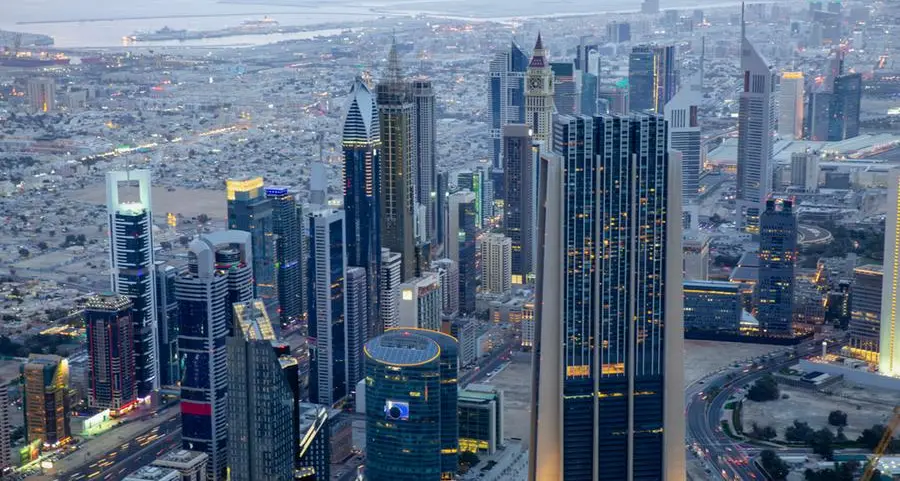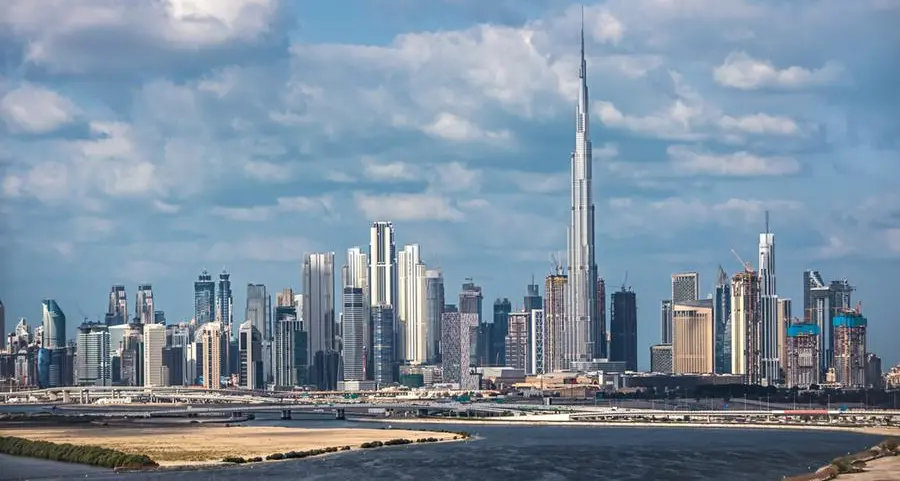Dubai: First came the steam engine, then was the assembly line and finally came the digitalisation of technology: three consecutive industrial revolutions rearranged the global order and transformed the way human beings live, work and communicate. The world was still adapting to the effects of the third industrial revolution when a fourth one began to take shape. The Fourth Industrial Revolution – a term first coined by Professor Klaus Schwab of the World Economic Forum – blurs the lines between the physical, digital and biological spheres. It fuses various technologies together, as well as with other lower-tech items, to create one seamless and immersive experience that facilitates people’s lives.
In his book, “The Fourth Industrial Revolution”, Prof. Schwab asserted that the Fourth Industrial Revolution is fundamentally different from its predecessors. The previous three revolutions were mainly characterised by advances in technology and the great potential these technologies have to connect billions of people to the web. The Fourth Industrial Revolution, however, presents unique opportunities to completely re-imagine human communication and interaction in ways hitherto unimagined.
Since the introduction of the concept of the Fourth Industrial Revolution, there has been a tremendous development in its components, such as artificial intelligence, Blockchain and other technologies,” said Schwab as he opened the second Annual Meeting for the Global Future Councils in Dubai on November 11, 2017. “This requires great collaboration between the public and private sectors in order to channel these technologies towards serving the greater good. The ideas generated here today will be instrumental in shaping a common future in a fragmented world.”
The United Arab Emirates has been at the fore of global efforts to embrace and implement Fourth-Industrial-Revolution technologies. In September of 2017, the Emirati Government launched the UAE Strategy for the Fourth Industrial Revolution, which aims to strengthen the country’s position as a global hub for future technologies, as well as to increase the contribution to the national economy from innovation and future technologies. The bold initiative zeroes in on a number of strategic fields, including innovative education – the bedrock upon which the Emirates can build a qualified human capital that can develop advanced sciences, such as nanotechnology and artificial intelligence.
With that in mind, the Mohammed bin Rashid Al Maktoum Knowledge Foundation – as one of the region’s premier knowledge-centric organisations – has chosen to dedicate the 2017 edition of its annual Knowledge Summit to explore the Fourth Industrial Revolution and its effects on knowledge, education, research and development, publishing, media and nanotechnology, among others.
Professor Jackie Ying, Founder & CEO of Singapore’s Institute of Bioengineering & Nanotechnology, who is set to attend the Knowledge Summit described it as “a major event that brings together leading experts in various fields,” while 14-year-old Artificial Intelligence Expert Tanmay Bakshi – also set to take part in the Summit – said: “The Knowledge Summit will play a significant role in making the Middle East and Dubai a key player in [Fourth-Industrial-Revolution technologies].”
The choice of theme for the Knowledge Summit 2017 reiterates the Foundation’s commitment to synchronising the Summit with the UAE Government’s plans and strategies, which seek to capitalise on the opportunities brought about by the Fourth Industrial Revolution for the benefit of society at large. The Summit brings together decision makers and experts to explore ground-breaking technologies, their dimensions and their role in the decision-making process, as well as their profound effect on human life – particularly in media, technology, education, healthcare and economics.
-End-
© Press Release 2017









